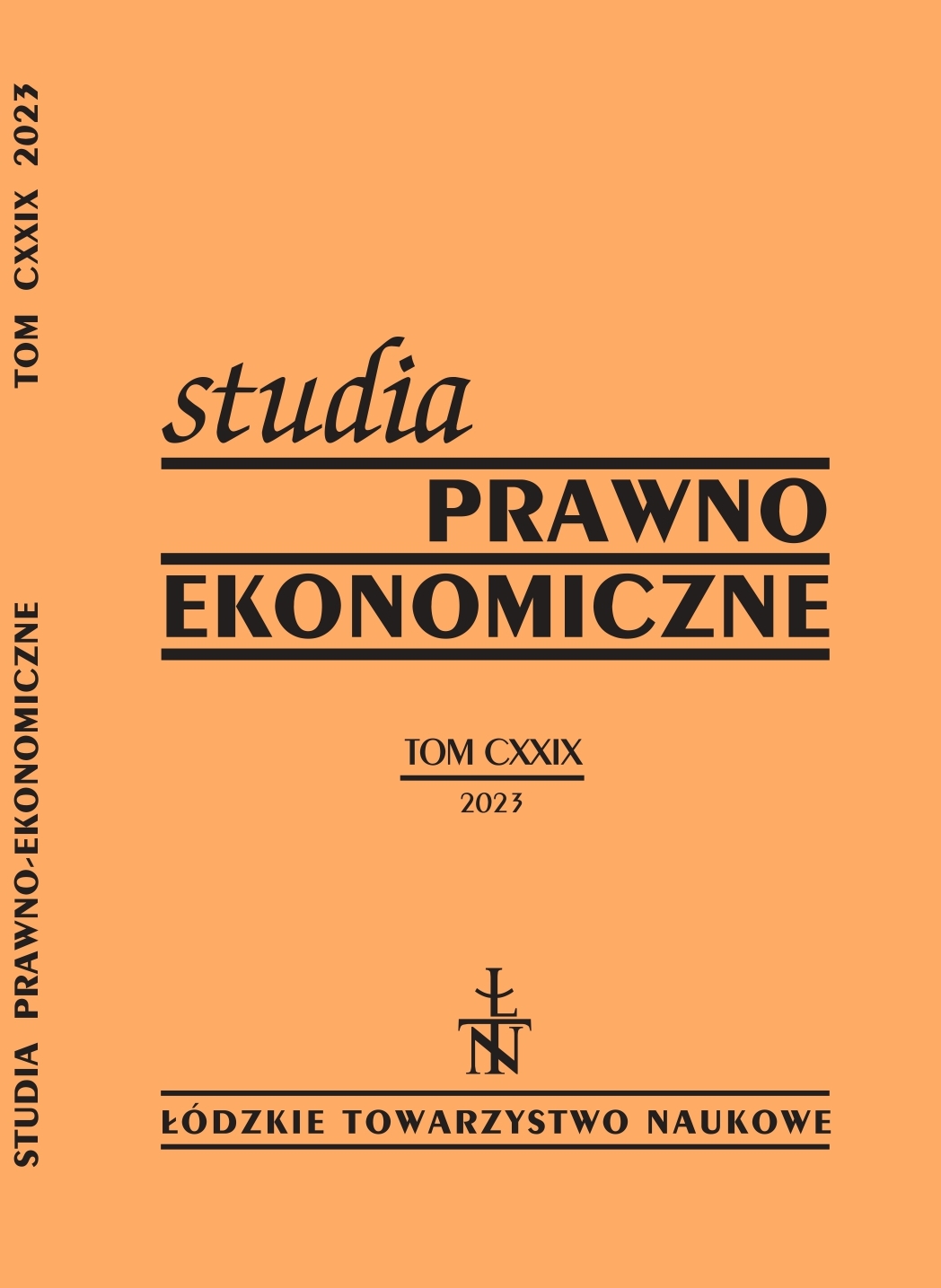REPREZENTATYWNOŚĆ ORGANIZACJI PRZEDSIĘBIORCÓW W DIALOGU
Z ADMINISTRACJĄ PUBLICZNĄ
REPRESENTATIVENESS OF BUSINESS ORGANIZATIONS IN DIALOGUE WITH PUBLIC
ADMINISTRATION
Author(s): Kamil Brzeziński, Tomasz Dorożyński, Agnieszka Kretek-Kamińska, Piotr MarciniakSubject(s): Business Economy / Management, Public Administration, Public Law
Published by: Łódzkie Towarzystwo Naukowe
Keywords: representativeness; representative organization; Social Dialogue Council; economic organizations; chambers of commerce;
Summary/Abstract: Background: The research explores the concept of representativeness of business organizationsfrom the perspective of various social sciences: sociology, law, and economics.Research purpose: Designing and implementing economic policy requires the existence ofan effective framework for dialogue between state institutions and organizations representingentrepreneurs. For this dialogue to be substantive, it should be conducted with appropriatebusiness representatives. However, in law the concept of representativeness is defined only in thecontext of the provisions of the Act on the Social Dialogue Council, which has only six employersʼorganizations as members. These entities cannot be considered representative of all entrepreneursin Poland. In the absence of a horizontal, legal definition, the main purpose of the research is toidentify the conditions necessary to indicate which business organizations can be representativein the field of social sciences.Methods: The study reviews sociological, economic, and legal literature. The deductive methodand critical analysis of selected law were used.Conclusions: The research results indicate the need to develop – using tools applied in sociologyand statistics – and introduce into the legal system a horizontal legal definition of businessrepresentative organizations. Such a definition would clearly specify the criteria for access ofbusiness organizations to consultation processes related to the economy and constitute the basisfor a clear definition of consultation obligations on the public sector. The authors also point outthat the definitional problem results from the lack of universal (common) chambers of commerceset under public law in Poland, which by its nature would be a representative institution for allentrepreneurs.
Journal: Studia Prawno-Ekonomiczne
- Issue Year: 2023
- Issue No: 129
- Page Range: 79-100
- Page Count: 22
- Language: Polish

